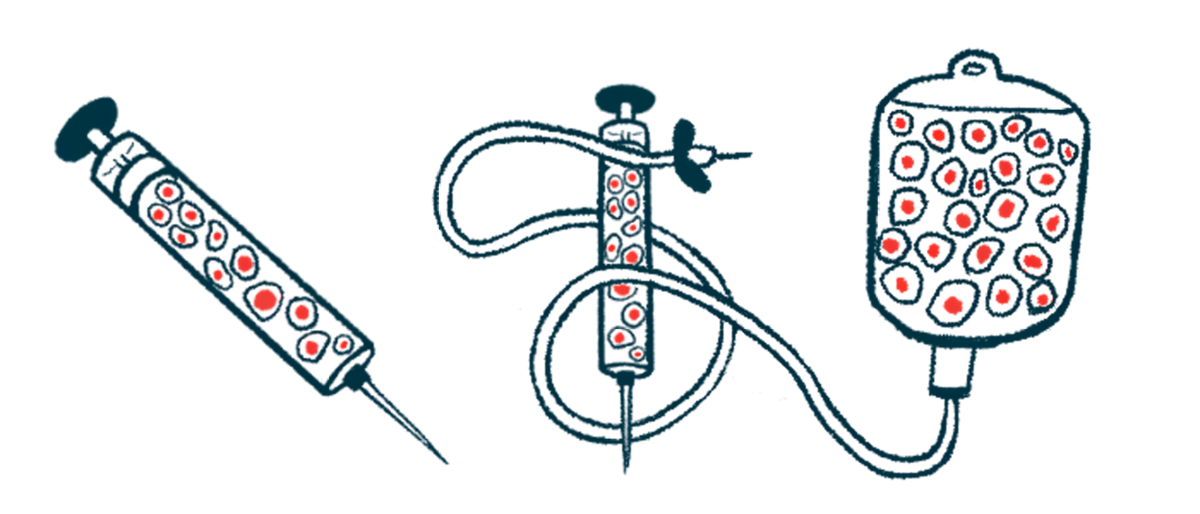First patient dosed in Phase 3 trial of bemdaneprocel for Parkinson’s
Investigational stem cell therapy being tested for safety, efficacy

The first patient has been dosed in exPDite-2, a registrational Phase 3 clinical trial testing the safety and efficacy of bemdaneprocel, an investigational stem cell therapy that Bluerock Therapeutics is developing for Parkinson’s disease.
The trial (NCT06944522), originally scheduled to begin earlier this year, is recruiting up to 102 patients, ages 45 to 75, at seven locations in the U.S. Patients must have had a diagnosis of Parkinson’s for at least four years and experience at least 2.5 hours of off periods, when treatment wears off and symptoms return or are not adequately controlled.
In exPDite (NCT04802733), a small Phase 1 clinical trial that involved 12 patients, bemdaneprocel helped patients spend more time with their symptoms under control and less time in off periods, with no side effects reported for up to two years. BlueRock is continuing to monitor patients who rolled over in a five-year extension (NCT05897957).
“The initiation of the exPDite-2 trial represents a major step forward toward advancing bemdaneprocel,” Amit Rakhit, MD, BlueRock’s chief development and medical officer, said in a company press release. “We are excited to build on the momentum of our earlier data to further develop it as a potentially transformative cell therapy aimed at restoring motor and [nonmotor] function.”
If the Phase 3 data are positive, this trial may be included in a filing package asking for regulatory approval of bemdaneprocel.
“People living with Parkinson’s disease urgently need new therapies that truly alter the course of the disease,” Rakhit said.
Bemdaneprocel designed to replace lost dopaminergic neurons with new ones
Parkinson’s symptoms arise from the degeneration of dopaminergic neurons — the nerve cells in the brain responsible for producing dopamine, a key neurotransmitter that regulates movement. As dopamine levels decline, patients develop motor symptoms such as slowness of movement, tremor, and muscle rigidity, as well as a range of nonmotor symptoms.
Bemdaneprocel is a cell therapy designed to replace lost dopaminergic neurons with new ones. These new cells are derived from human embryonic stem cells and are surgically transplanted into the brain. The goal is for the transplanted cells to develop into neurons and form the neural networks lost in Parkinson’s, easing symptoms.
“Bemdaneprocel aims to sustainably restore lost physiologic function in the dopaminergic system impacted by the disease, ultimately to enhance the quality of life for patients,” said Christian Rommel, PhD, head of research and development at the pharmaceutical division of Bayer, which owns BlueRock.
The exPDite-2 trial is testing bemdaneprocel against a sham surgery in people with Parkinson’s who have been diagnosed for at least four years but less than 12. The primary goal is to track changes in on time — when symptoms are well controlled without dyskinesia, the involuntary movements caused by long-term use of levodopa medication — over 78 weeks, or about 1.5 years.
The trial will also examine other goals, such as measuring movement, nonmotor symptoms, safety and side effects, daily activities, and quality of life.
For Rommel, “the initiation of the exPDite-2 … trial marks a significant milestone in our commitment to transform the treatment landscape for Parkinson’s disease through innovative therapies.”







